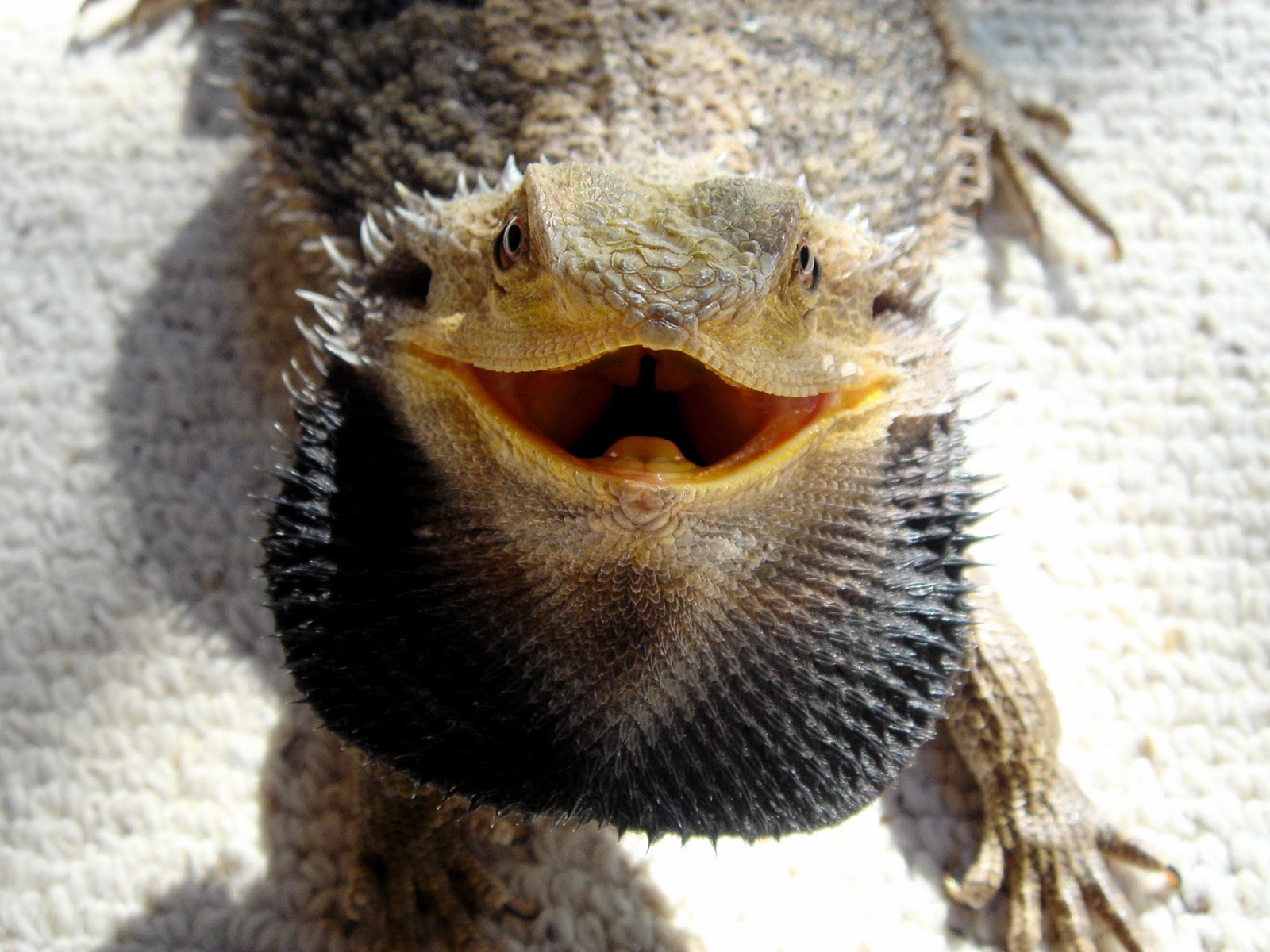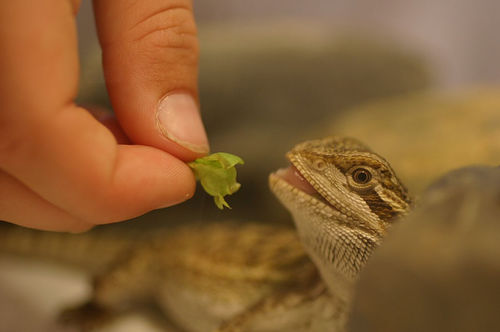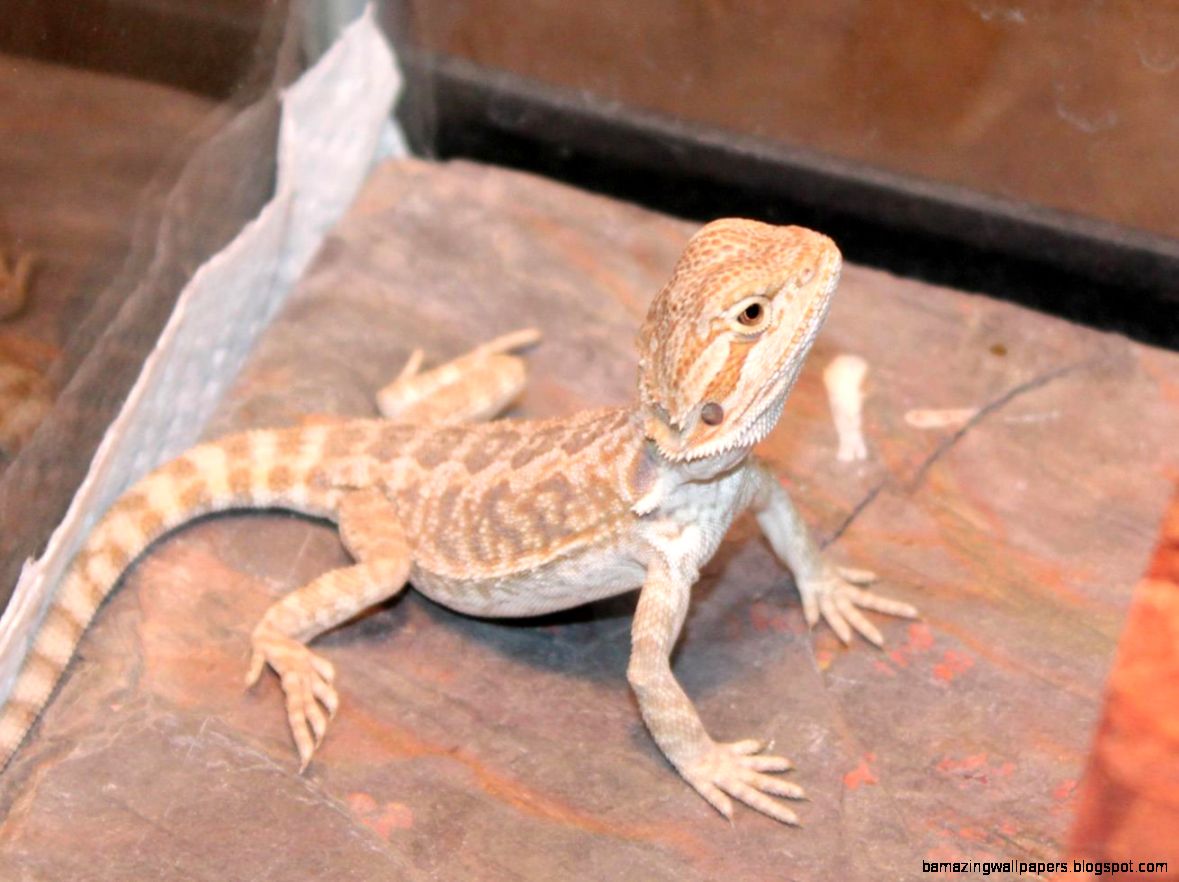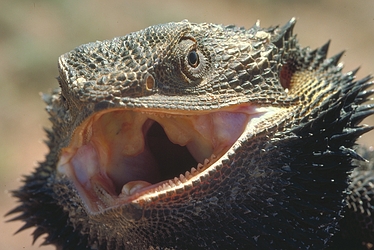10 Things You Need to Know to Take Care of a Bearded Dragon
Introduction
Bearded dragons are one of the most popular reptiles kept as pets. They are easy to care for, have great personalities, and are fun to watch. If you are a beginner and interested in getting a bearded dragon, then you need to know some tips and tricks to keep your pet healthy and happy. In this post, you will learn the 10 things that you need to take care of a bearded dragon.
1. Housing

A bearded dragon needs an enclosure to call its own. The size of the enclosure, also known as a terrarium, will depend on the size of your bearded dragon. A good rule of thumb is to get a terrarium that is at least 40-gallons for an adult bearded dragon. Make sure it has a lid that can be securely fastened to avoid escape attempts. You will also need to provide a basking area, a hiding spot, and a water dish.
2. Lighting

Bearded dragons are diurnal reptiles, which means they are active during the day and require UVB lighting. UVB lighting helps them regulate their metabolism and absorb calcium. You will need to purchase a UVB bulb and a basking bulb. The UVB bulb needs to be changed every six months, and the basking bulb every three months.
3. Temperature and Humidity
Bearded dragons come from hot and dry environments, so you need to provide a temperature gradient in their enclosure. The basking area should be around 100-110°F, and the cool side should be around 80-90°F. Use a digital thermometer to monitor the temperature. The humidity level should be around 30-40%.
4. Feeding

Bearded dragons are omnivores, which means they eat both insects and vegetables. As a general rule, feed them a diet of approximately 70% insects and 30% vegetables. Feed them 2-3 times a day when they are babies, and reduce the frequency to once a day as they grow older. Some good insect choices include crickets, mealworms, and dubia roaches. For vegetables, feed them leafy greens like kale, collard greens, and dandelion greens.
5. Water

Bearded dragons need a water dish in their enclosure. Change the water daily to ensure it is clean and fresh. Some bearded dragons will also enjoy a bath. Fill a shallow dish with warm water, and let them soak for about 15 minutes. This helps them stay hydrated and aids in shedding.
6. Handling

Bearded dragons are generally friendly and enjoy being held. However, they can become stressed if handled too much. Start by handling them for short periods of time and gradually increase the duration. Support their entire body when you pick them up, as they are prone to back injuries.
7. Substrate

The substrate is the material that lines the bottom of the terrarium. Some good options include reptile carpet, tile, and paper towel. Avoid using sand, as it can cause impaction if ingested.
8. Shedding
Bearded dragons will shed their skin periodically as they grow. You may notice them becoming dull in color, and their eyes may look cloudy. During this time, it is important to provide a moist hide in their enclosure. This can be a small container with damp moss or paper towel. The humidity inside the hide will help them shed more easily.
9. Veterinary Care

Bearded dragons generally don’t require frequent veterinary care, but it is important to have a reptile vet nearby just in case. They should have an annual check-up to ensure they are in good health. Look for a vet that has experience with reptiles.
10. Socialization
Bearded dragons are social creatures and benefit from interaction with their owners. Talk to them, offer them treats, and take them outside for short periods of time (under close supervision). This will help them become more comfortable with you and reduce stress.
Conclusion
Taking care of a bearded dragon is easy as long as you provide them with the proper care. Give them a suitable enclosure, proper lighting and temperature, a healthy diet, and make sure they get proper veterinary care. With these tips, you can enjoy a happy and healthy bearded dragon as your pet!
